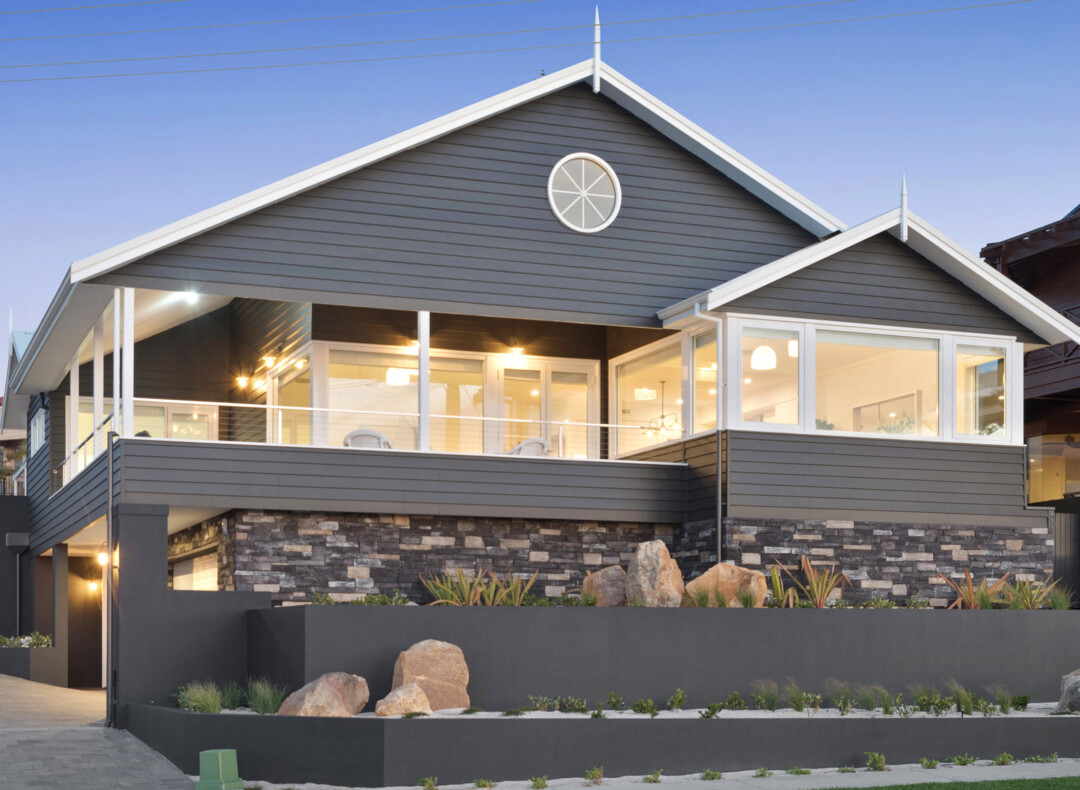All Categories
Featured
Table of Contents
Is Double Glazing Worth It? in Merriwa WA
Laminated glass is typically utilized in locations in the home most prone to injury from human effect such as restrooms, doors, around staircases and in areas near to the floor (it meets the requirements of 'shatterproof glass' that is mandated for use in these areas by Australian Standard AS 1288 Glass in structures).
Toughened glass has actually been 'tempered' by being reheated and quickly cooled again. This process makes it much more powerful than standard glass it can withstand greater impact loads before breaking. It likewise makes it more secure due to the fact that, when it does shatter, it burglarizes numerous little cubic pieces rather than hazardous fragments.
Sustainability in Lynwood Western Australia
Toughened glass has no thermal or acoustic advantages over other glass of the exact same toning or density. Secondary glazing is where single-glazed windows are retrofitted with a transparent acrylic or glass sheet attached to the inside of the frame or openable sash with a secondary frame or with magnetic strips.
![Best Way To Block Sun Heat From Windows [Professionally] in Ballajura Western Australia](https://cdn.thermotekwindows.com.au/wp-content/uploads/2021/03/AdobeStock_230651246-scaled.jpeg)

Secondary glazing will not carry out too thermally as a produced IGU, considering that it is difficult to completely seal the boundary, but it can provide good sound control. Window movies are a thin polymer movie consisting of an absorbing color or reflective metal layer, with an adhesive support. They stay with your glazing to change its colour or make it reflective.
Twinglaze® Double Glaze Specification Act - Vic in Wembley WA
Applied to existing glass, some window films can cut in half the overall SHGC of the window by soaking up and/or reflecting solar radiation. This can be especially helpful in hotter environments where cooling is the main concern, or on east and west elevations straight exposed to long periods of sunshine. Window movies may likewise lower visible light transmittance.

For this factor, it is generally best to use a certified installer of window movie. Frames have a substantial influence on the thermal efficiency of windows and doors, because energy can be gained and lost through the frame, along with through the glass. Different types of frame will enable different levels of heat gain and loss, so careful option of frame is very important for effective passive style.
Benefits Of Double Glazing Low-e in Hamersley WA
Nevertheless, aluminium is likewise a great conductor of heat and will reduce the insulating value of a glazing unit, unless particularly crafted to minimize this. A 'thermally broken' frame is comprised of 2 aluminium sections linked by a structural insulator (typically a low-conductivity structural polymer). This 'breaks' the thermal connection through the aluminium and minimizes the heat flowing through the frame.
Lumber frames are a good natural insulator that can suit some home styles. Lumber frames need to be made from types that have naturally high toughness or be dealt with to prevent decay and deformation.
Techniques For Double Glazing Windows in Upper Swan WA
However, this can result in spaces that enable air seepage unless good draught sealing (weather condition removing) is installed. u, PVC is a type of plastic (unplasticised polyvinyl chloride, likewise referred to as stiff PVC). u, PVC frames supply excellent thermal performance, often much better than lumber or thermally broken aluminium. u, PVC is long enduring and needs extremely little maintenance, and can be moulded into intricate profiles that supply outstanding air seals.
u, PVC windows and doors have outstanding thermal efficiency Image: Ben Wrigley (Light House Architecture and Science) Composite frames use aluminium profiles on the outer sections with either a timber or u, PVC inner section. These combine the low upkeep and durability of aluminium with much enhanced thermal efficiency.
Table of Contents
Latest Posts
How Much Money Does Double New Glazing Save? in Piesse Brook Western Australia
Does Double Glazing Reduce Heat In Summer Uk? in Hocking Western Australia
Summer House Windows Online - Windows24.com in WA
More
Latest Posts
How Much Money Does Double New Glazing Save? in Piesse Brook Western Australia
Does Double Glazing Reduce Heat In Summer Uk? in Hocking Western Australia
Summer House Windows Online - Windows24.com in WA